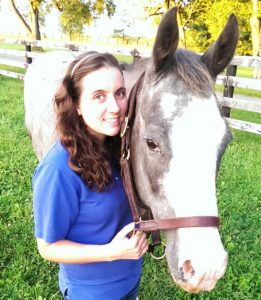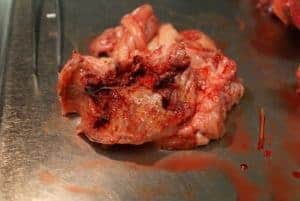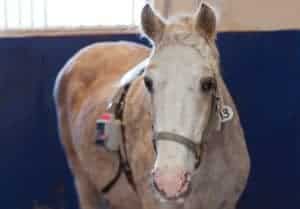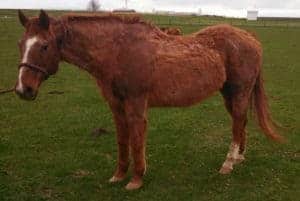
Kentucky Conference to Focus on Improved Grazing Practices
Presenters will speak about specific pasture programs for cattle, horses, goats, and sheep.

Presenters will speak about specific pasture programs for cattle, horses, goats, and sheep.

Harlow’s research has focused on exploring options for reducing gastrointestinal conditions in the horse.

This plant contains toxins that can cause digestive issues, appetite loss, and neurologic problems in horses.

The groups partnered in 2013 to make substantial improvements to the Cane Run Watershed.
The new website is aimed toward veterinarians, farmers, animal owners, and organizations.

Knowing the weight of a horse can help owners better determine their animal’s nutritional needs.

Reduced interferon-gamma production is associated with increased risk for intracellular bacterial infections.
The symposium is open to anyone interested in learning about these disorders.

Maine Chance Equine Campus facility will be renamed the Dr. Walter W. Zent Mare Reproductive Health Facility.

Strongylus vulgaris (the bloodworm) is the most pathogenic parasite infecting horses worldwide.

Study results show insulin resistance might be a concern for all aged horses, not just horses with PPID.
The ambassador stopped by the Gluck Equine Research Center for a tour during his visit.

The new name better communicates the broad depth and evolving scope of the college?s degrees and programs.

One researcher describes the differences between two common equine endocrine disorders: EMS and PPID.
Eighteen members of the UK Ag Equine Programs attended the annual Equine Science Society Symposium.

Researchers are studying how horses assist humans in personal and professional growth and development.
Stay on top of the most recent Horse Health news with